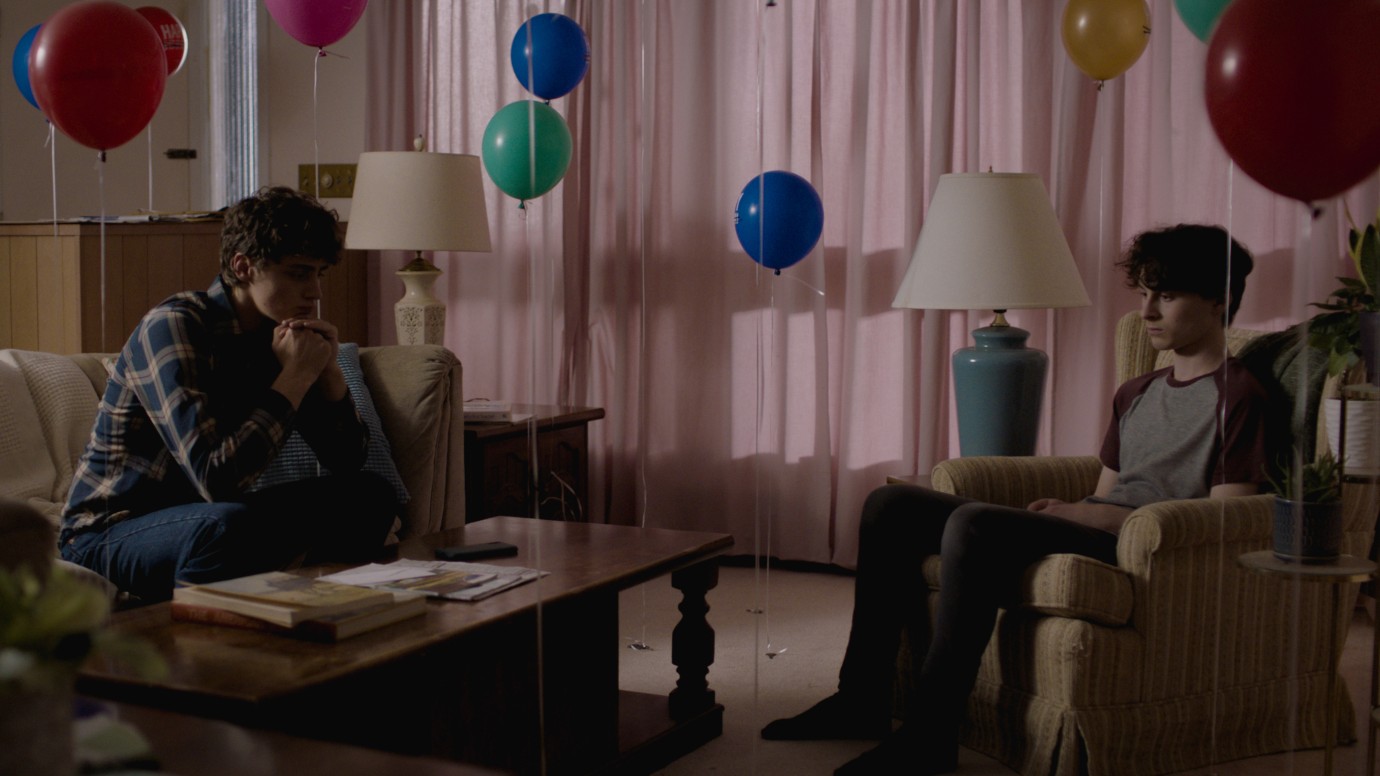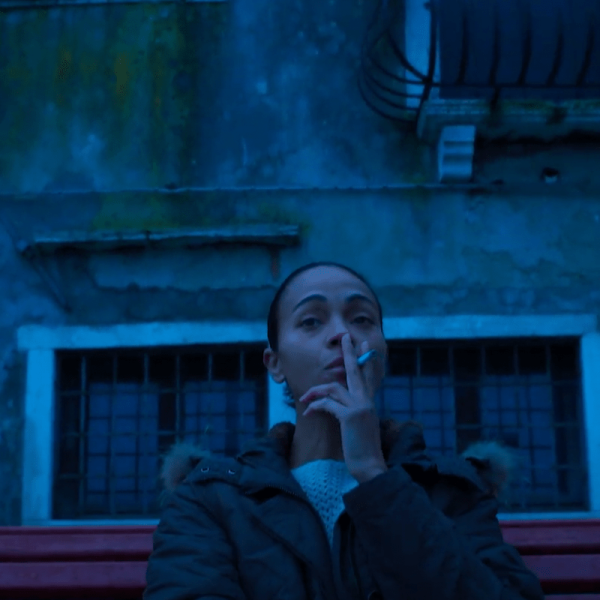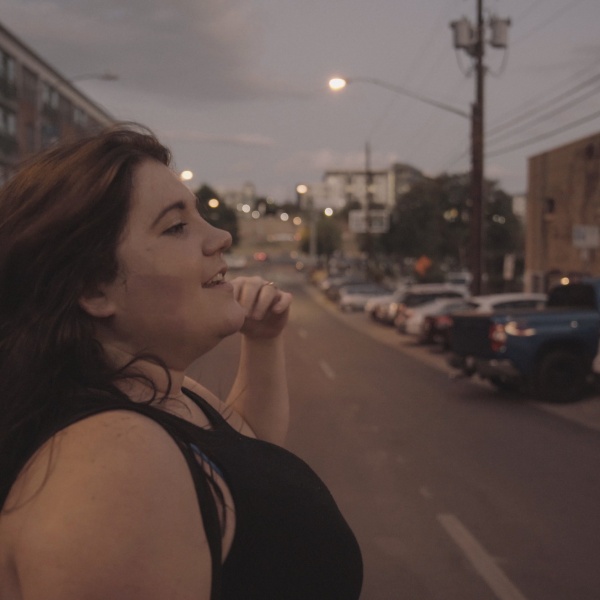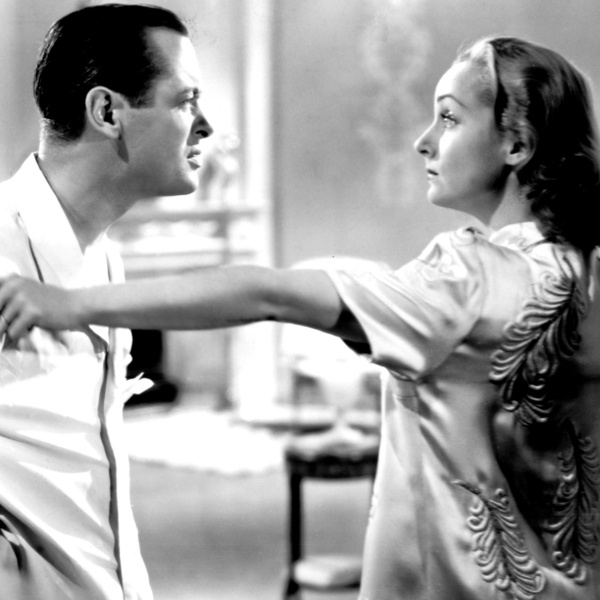Editor’s note: This review was originally published at the 2022 Berlin Film Festival. MarVista Entertainment releases the film in select theaters on Friday, May 19.
When a loved one battles addiction, you often find yourself in the midst of conflicting responsibilities. There’s the responsibility you have to the loved one, to monitor and support them; the responsibility you have to others in their orbit, to share in the caretaking and not saddle any one person with a burden; and, perhaps most troublesomely, there’s the responsibility you have to yourself, to make space for the life you desire and deserve.
The tricky business of balancing — and sometimes, prioritizing between — these concerns is central to Jamie Sisley’s “Stay Awake,” a sensitive if not especially insightful family drama that follows two brothers in small-town Virginia serving as pillars of support for their mother, who is addicted to prescription drugs.
The indie addiction melodrama is familiar territory, and many stories that deal with the topic conform to a certain repetitive structure: an emergency, an attempt to detox, a relapse. The driving mood is hope — hope that this time will be different, this time sobriety will stick. Constructing movies this way is understandable: It encapsulates the actual experience of loving an addict. But the issue with this approach is that the movie hangs on a kind of suspense: Will she follow through or won’t she? There’s something icky about treating addiction as an engine for narrative tension, even if the anxieties are true to life.
This is a difficult trap to avoid, and Sisley, who wrote and directed “Stay Awake” as his feature debut, isn’t always successful. He finds the best flow zeroing in on the dynamic between the two brothers: the younger, sensitive Ethan (Wyatt Oleff) and the elder Derek (Fin Argus), a charming jokester. We meet Ethan during his senior year of high school, and he spends his days collecting A’s in English class and his afternoons working at an ice cream shop. Nights, however, are often taken up by a different activity: hauling his “Ma,” Michelle (Chrissy Metz, best known for “This Is Us”), to the hospital for emergency treatment.
Ethan shares this duty with Derek, who works at the town bowling alley and aspires to a career in acting, though the only gigs he can score locally are for silly television commercials. Derek might have a shot at stardom if he only had the nerve to jet off to a bigger city — but then who would keep Ma from passing out as they speed to the emergency room? Ethan’s in a similar boat. Early on in the film, he learns that he’s scored a full ride to Brown University, as well as an acceptance to a local tech school. He faces a choice: Should he set out for the Ivy League and unload Ma on Derek, or defer his dreams to stay close to home?
Overall, “Stay Awake” unfolds as a modest and rather straightforward melodrama. Sisley establishes the smallness of his townie setting by repeatedly shooting in only a few locations, one of them being the turn-in for the doctor whose injudicious prescriptions fuel Michelle’s addiction. Indoor scenes, like at the bowling alley or in the family living room, are almost exclusively rendered in dim, handsome lighting and shallow focus, and most scenes are shot with a steadicam. It’s a well-worn indie aesthetic — one that, in its stock familiarity, actually serves to make each scene feel less naturalistic.
Any psychological complexity comes from the movie’s focus on the brothers. By opting to highlight their experiences, Sisley illustrates a key truth about addiction: It doesn’t only affect one person, but sucks everyone around into its vortex. We learn early on that Michelle isn’t the only one who needs recovery; Ethan and Derek have been so focused on their Ma that they’ve surrendered their own ambitions. By focusing the story on the pivotal moment of Ethan’s graduation, Sisley traces the boys’ recovery of their will to independence. In this way, the movie almost becomes a test: For Ethan and Derek, what does the last straw look like? What will inspire them to prioritize their responsibility to themselves over that to Michelle?
Yet in tilting toward the brothers’ story, the movie fails to offer a sense of Michelle’s plight. Much of the time, she feels more like an enigma than a fleshed out character, and though Metz does her best to find warmth and fragility in the material she’s given, there’s little room for her to develop, or for the audience to develop sympathy for her state. Despite a few solo scenes, the meatiest of which occurs opposite a psychologist at a rehab center, Michelle’s thought processes — or even how inclined or disinclined she is toward treatment — remain out of focus.
Confusion also lingers about the doctor prescribing Michelle the pills. In the only scene inside the doctor’s office, Michelle seems to dupe him into writing a prescription by giving him a urine sample tainted with a drop of blood from her pricked finger. Sisley never spells out what drug Michelle is using, but blood in one’s urine wouldn’t call for anything other than an antibiotic. Is Michelle paying the doctor under the table for a controlled substance? What exactly is their agreement? These questions go unanswered, and the lack of specificity only swells the distracting empty space where Michelle’s individual struggles could have gone.
“Stay Awake” is an expansion of Sisley’s short film of the same name, and it is based on his personal experiences with his own mother. It’s an earnest look at the collateral damage surrounding addiction, and the movie is at its strongest when it homes in on the experiences of Ethan and Derek. But as the main characters of the movie learn, compassion alone isn’t always enough.
Grade: C
“Stay Awake” premiered at the 2022 Berlin International Film Festival.








